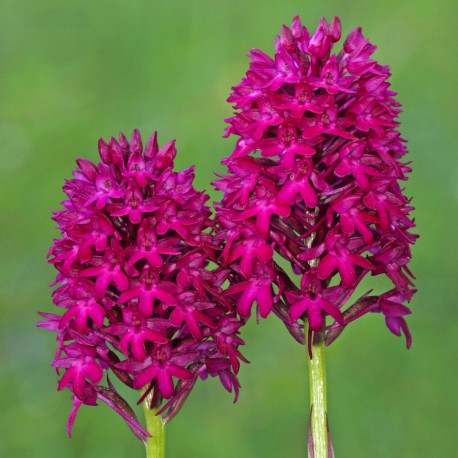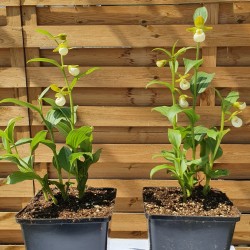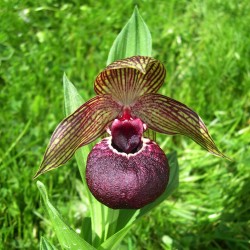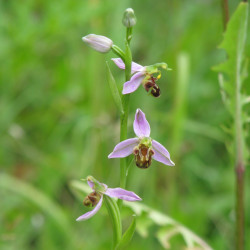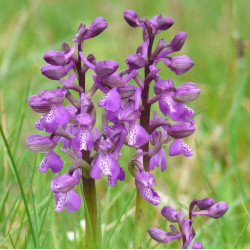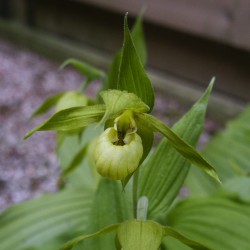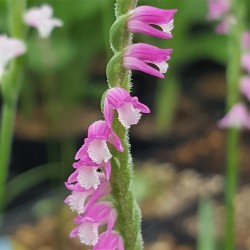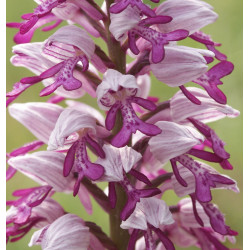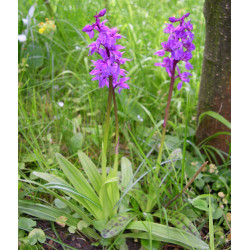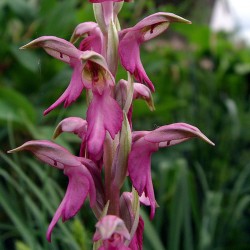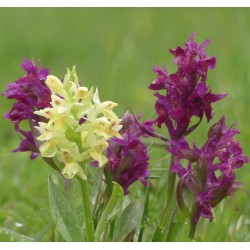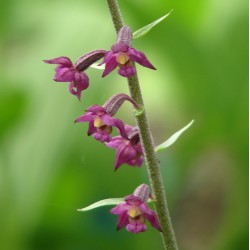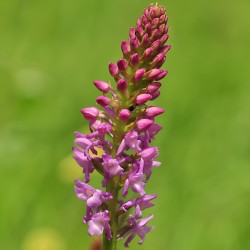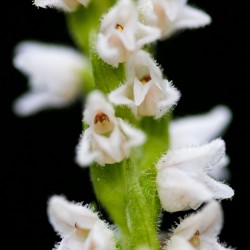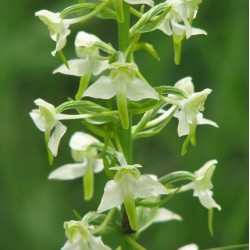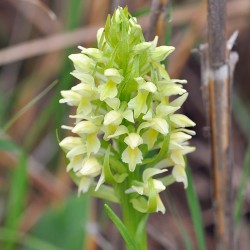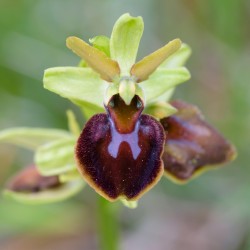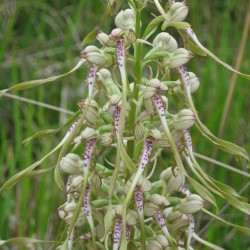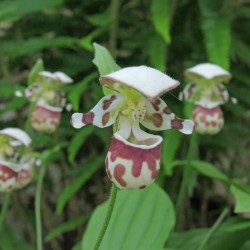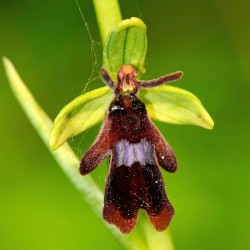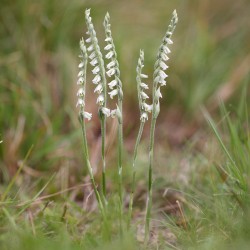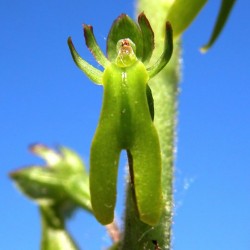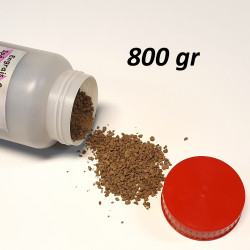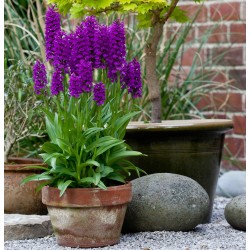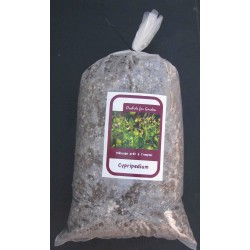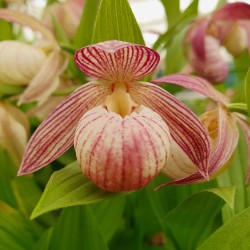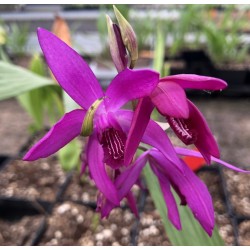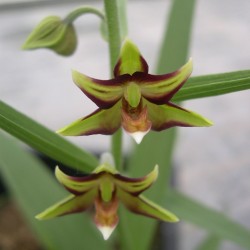No products
Product successfully added to your shopping cart
There are 0 items in your cart. There is 1 item in your cart.
Anacamptis pyramidalis - Pyramidal orchid
3620
Botanical rarities
The orchids in this category are extremely rare botanical varieties. Some of them are delicate plants that are less tolerant than the orchids in the 'Easy Garden' category. They are more suitable for a connoisseur audience...
Anacamptis pyramidalis or Pyramidal Orchid, is a native terrestrial orchid with a height of 40 to 60 cm. This plant is widely distributed in Europe and is usually found on lawns or in scrubland.
It flowers between May and July.
These are delicate plants that are less tolerant than the 'Easy Garden' orchids. They are more suitable for a connoisseur audience...
This product is no longer in stock
By buying this product you can collect up to 2 loyalty points. Your cart will total 2 points that can be converted into a voucher of 0,40 €.
- Remove this product from my favorite's list.
- Add this product to my list of favorites.
- Send to a friend
Data sheet
| Range | Collection Garden |
| Color | Pink-mauve |
| Flowering | May, June, July |
| Height | 40-60 cm |
| Exposure | Sun |
| Hardiness | Very Hardy (-30°C) |
| Presentation | 1 liter container, flowering size plant, 1-2 shoots |
More info
Planting
The pyramidal orchid is best planted in a sunny position, in a rockery or on a slope. It prefers a draining soil, from neutral to basic, and is calcareous. It does not compete well with tall neighbours during its vegetative period, but can be combined with other winter-growing plants (bulbs, anemones). It does well in a mown lawn.
Exposure
The ideal location is in the sun.
Throughout the seasons...
Anacamptis pyramidalis is a short-cycle plant, taking about 3 or 4 months to produce leaves, flowers, fruit and seeds, then resting.
Anacamptis pyramidalis is dormant in summer. The plants emerge in late summer, autumn or late winter and flower in spring and early summer. Cultivation should be as sunny as possible.
It is advisable to reduce watering as the flowers appear and to stop watering completely as soon as the leaves fade. Keep dry during the dormant period. When grown outdoors, summer rain is not harmful if the plant is placed in well-draining soil. Every year a new tuber replaces the old one a few centimeters further down. Sometimes the pyramidal orchis produces several tubers and multiplies.
